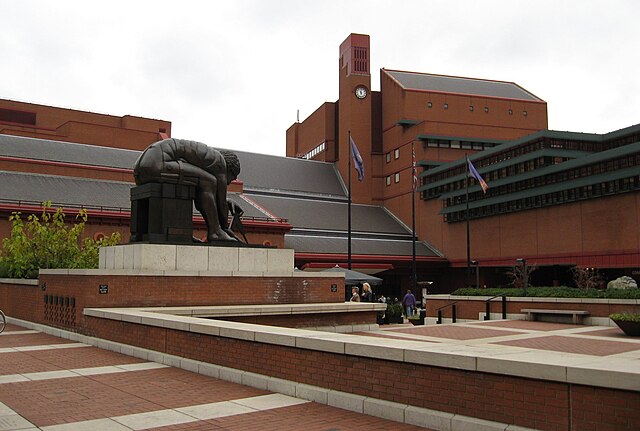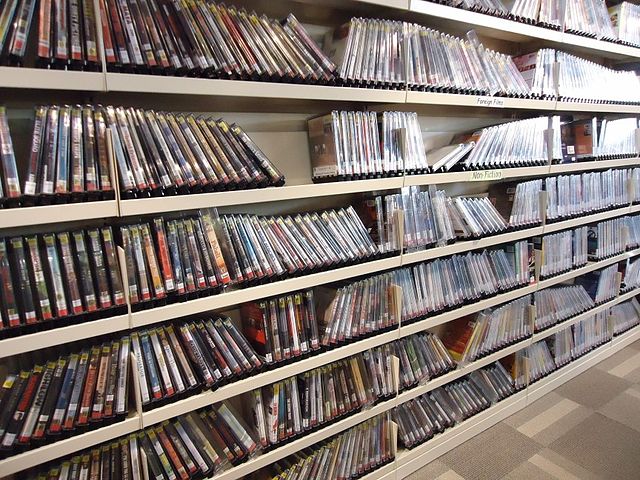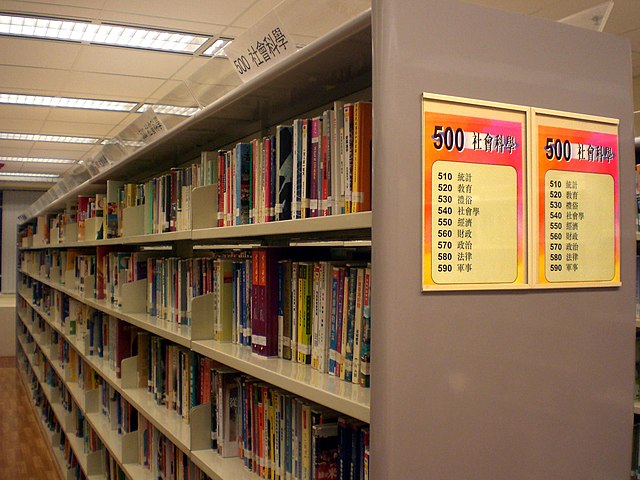A national library is a library established by a government as a country's preeminent repository of information. Unlike public libraries, these rarely allow citizens to borrow books. Often, they include numerous rare, valuable, or significant works. A national library is that library which has the duty of collecting and preserving the literature of the nation within and outside the country. Thus, national libraries are those libraries whose community is the nation at large. Examples include the British Library in London, and the Bibliothèque nationale de France in Paris.
British Library in London, the largest in the world
Italian National Central Library in Florence
The Biblioteca Nacional de Chile or The National Library of Chile in Santiago, Chile
The National Library of Brazil is the largest library in Latin America.
A library is a collection of books, and possibly other materials and media, that is accessible for use by its members and members of allied institutions. Libraries provide physical or digital materials, and may be a physical location, a virtual space, or both.
A library's collection normally includes printed materials which may be borrowed, and usually also includes a reference section of publications which may only be utilized inside the premises. Resources such as commercial releases of films, television programmes, other video recordings, radio, music and audio recordings may be available in many formats. These include DVDs, Blu-rays, CDs, cassettes, or other applicable formats such as microform. They may also provide access to information, music or other content held on bibliographic databases.
Library of Congress, one of the largest research libraries in the world
The Sistine Hall of the Vatican Library
Common video selection at library
Library shelves in Hong Kong, showing numbers of the classification scheme to help readers locate works in that section








